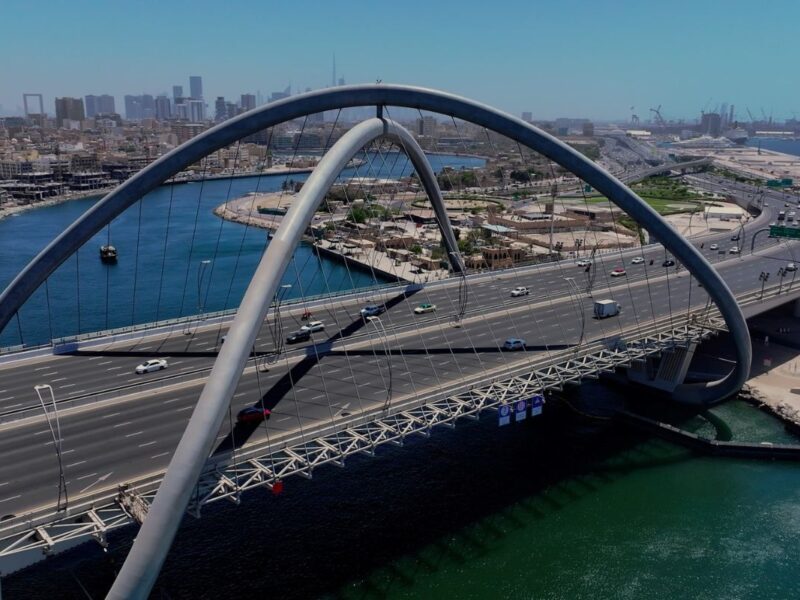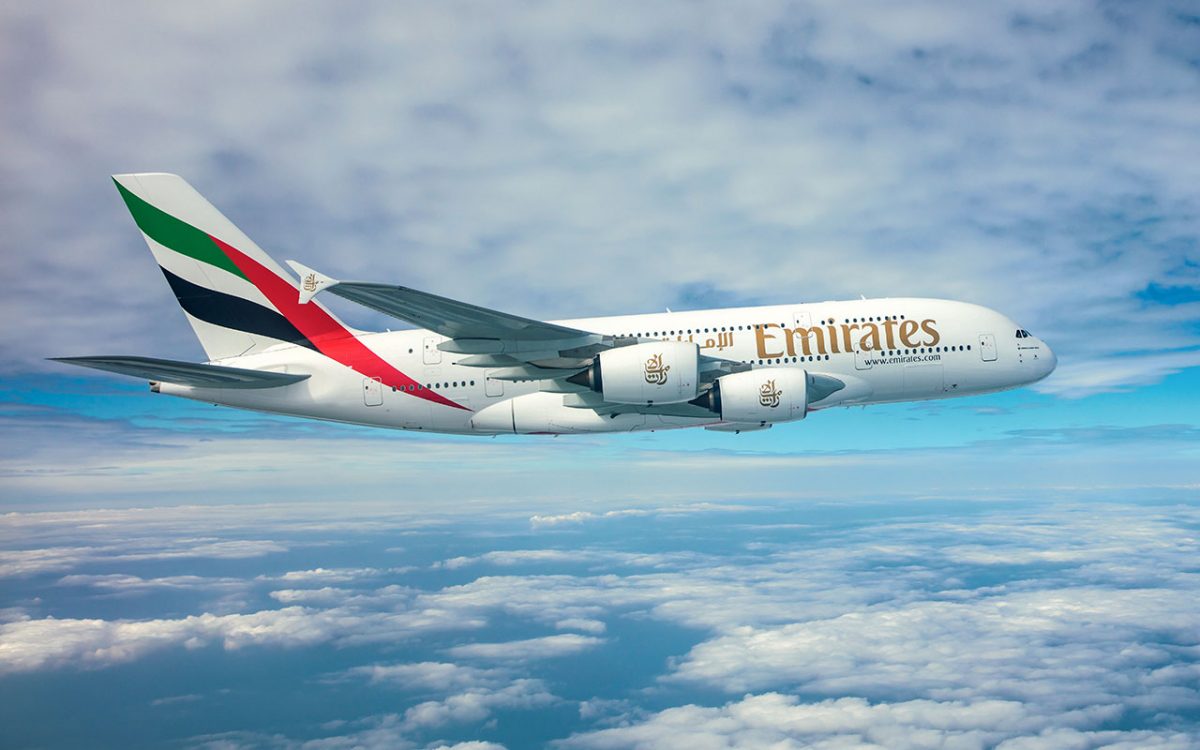Recovery for all airlines, including Emirates, will take years as the ongoing pandemic continues to mandate flight restrictions and border closures, an aviation expert said on Tuesday after Dubai’s flagship carrier announced their first financial losses in three decades.
The Emirates Group posted a loss of $6 billion (AED22.1bn) for the financial year ending March 31, compared with an AED1.7bn profit for last year. Revenues for the financial year stood at $9.7bn, a 66 percent drop from the same period last year.
“Emirates’ reliance on the hub-and-spoke model has frustrated the airline over the past year as they try to navigate a recovery,” aviation expert Linus Bauer, founder and managing director of Bauer Aviation Advisory, told Arabian Business.
During the pandemic, one of Emirates’ key challenges was the lack of a domestic market to keep flights moving locally while international borders shut, he said.
International long-haul flights are expected to take the longest to recover.
“Tourism has long been an economic mainstay of the emirate Dubai – especially during the pandemic when Dubai was one of the first destinations across the globe to welcome visitors again in July 2020. Boosting more local traffic to Dubai could help Emirates reducing its high dependency on the hub-and-spoke model in the post pandemic era,” Bauer said.
“The border closure, travel ban and stringent travel restrictions in Emirates’ key markets like the UK, Australia and India have dealt a blow to the airline’s short-term outlook and financial performance in 2020-2021.”
 Linus Bauer, founder and managing director of Bauer Aviation Advisory
Linus Bauer, founder and managing director of Bauer Aviation Advisory
Arrivals to and from the UK currently have to undergo quarantine upon arrival, a heavy deterrent for travelers. Meanwhile, flights from India into the UAE remain suspended as the Southeast Asian country struggles to contain its second wave Covid-19 outbreak.
John Grant, partner, Midas Aviation, told Arabian Business: “Given the global background, these results are to be expected and indeed will probably be comparable and perhaps better than others given that Emirates were able to move more of their network to cargo services whereas many airlines did not have any such capacity.
“The challenge for the carrier is rebuilding out with a total reliance on international connectivity and also transfer traffic both of which are subject to the vagaries of Covid-19 and further spikes.
“The airline has also started to replan its fleet and ultimately that will help the carrier. All of that said, any airline that has been profitable for 30 years is in a much better position than probably any other carrier in the world.”
Tobias Rueckerl, founder, Advanced Aviation Consulting Limited, said: “A global pandemic also causes financial damage and the aviation community was hit hard. Travel restrictions resulted in an almost complete cessation of global passenger air traffic. All major carriers were affected and suffering losses.
“Emirates enjoys strong asset and cash positions, has had good profits in the past decade so that I am not overly concerned about the 20/21 loss. The loss hurts as it does for all airlines; Emirates has consolidated its operations and has a strong strategy for the future. As soon as the travel restrictions in most countries are lifted, Emirates will recover swiftly.”
“No one knows when the pandemic will be over, but we know recovery will be patchy. Economies and companies that entered pandemic times in a strong position, will be better placed to bounce back,” said Sheikh Ahmed bin Saeed Al Maktoum, chairman and chief executive, Emirates Airline and Group.
As a consequence of coronavirus-related flight and travel restrictions through its entire 2020-21 financial year, the Emirates Group announced on Tuesday its first non-profitable year in more than three decades with revenues at $9.7 billion, a 66 percent drop from the same period last year.
“The Emirates results are in line with expectations and reflect, as they must, the unprecedented situation the world faces. The airline remains strong with cash reserves and it has taken a number of steps to resize and reshape itself for the recovery,” Andrew Charlton, managing director of Aviation Advocacy said.
Its cash balance was $5.4 billion (AED19.8bn), down 23 percent from last year largely due to weak demand caused by the various pandemic-related business and travel restrictions across all of the Group’s core business divisions and markets.
Redundancies were implemented across all parts of the business this period, for the first time in the Group’s history with the total workforce reduced by 31 percent to 75,145 employees from 160 nationalities.








